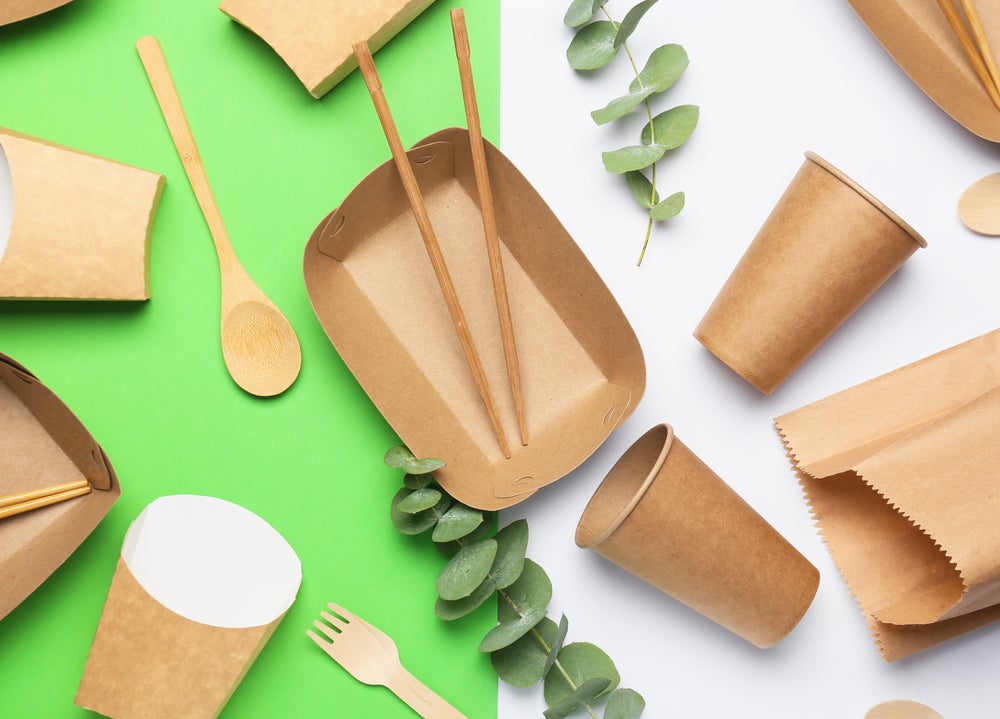
In today’s fast-paced market economy, packaging serves as an essential aspect of product presentation and protection, shaping consumer perceptions and influencing buying decisions.
As industries grow and consumer demands rise, the packaging sector has witnessed a significant upsurge. While this growth offers economic opportunities, it also raises environmental concerns.
A comprehensive examination of the packaging industry reveals the delicate balance between growth and sustainability, urging businesses to innovate and adopt eco-friendly practices.
Packaging industry’s flourishing growth and its impact
The packaging industry’s expansion has been propelled by various factors, including increasing consumer demands for convenience, the proliferation of e-commerce, and the global reach of businesses.
As companies scale up operations to meet the growing market demands, this sector significantly contributes to job creation and economic development, benefiting various domains like manufacturing, design, and logistics.
However, this success comes with a downside. The extensive use of plastic packaging, in particular, has become a prominent environmental issue, resulting in pollution and mounting waste.

US Tariffs are shifting - will you react or anticipate?
Don’t let policy changes catch you off guard. Stay proactive with real-time data and expert analysis.
By GlobalDataThis ecological impact calls for urgent attention to reduce the environmental footprint of packaging practices.
Pioneering innovations and sustainable solutions
Recognising the urgency of sustainable practices, the packaging industry is embracing innovations and seeking eco-friendly solutions. Forward-thinking companies are taking proactive steps to address the challenges posed by packaging waste and its impact on the planet.
One notable approach is the adoption of biodegradable materials for packaging, which decompose naturally over time and pose fewer threats to the environment.
From bioplastics to compostable packaging, these alternatives offer a viable path to mitigate the burden of non-biodegradable waste.
In parallel, the rise of “minimalist packaging” is gaining momentum. This approach advocates for streamlined packaging design, eliminating excess materials, and reducing unnecessary layers.
Minimalist packaging not only lessens environmental impact but also optimises costs for businesses, fostering sustainability across the entire supply chain.
Furthermore, the integration of technological advancements holds promise for sustainable packaging solutions.
For instance, smart packaging, equipped with sensors that monitor freshness or temperature, helps reduce food waste by ensuring products remain fresh for extended periods. Such innovations align both economic efficiency and environmental preservation, providing a promising path for the future.
Empowered consumers and responsible choices
The modern-day consumer, armed with increased awareness of environmental issues, plays a vital role in driving change within the packaging industry. As eco-consciousness becomes more widespread, consumers are actively scrutinising the products they purchase and the packaging they come in.
This consumer-led demand for sustainability has pushed companies to revamp their packaging strategies and invest in environmentally responsible solutions.
Businesses are incorporating clear sustainability messaging on their packaging, highlighting recyclability, and actively working to reduce plastic usage.
Moreover, an emerging trend involves embracing refillable or reusable packaging models. These approaches encourage consumers to actively participate in waste reduction, strengthening their commitment to environmental preservation.
To enable informed choices, certifications and labelling systems indicating the environmental impact of packaging materials are becoming increasingly prevalent.
Transparent labelling, such as “recyclable,” “compostable,” or “made from recycled materials,” empowers consumers to align their values with their purchasing decisions, encouraging responsible packaging practices.
As we navigate the future of packaging, businesses must continue to prioritise eco-friendly practices to strike a delicate balance between growth and sustainability.
By embracing responsible packaging strategies, companies can cater to the demands of the modern consumer while leaving a positive impact on our planet’s well-being.



